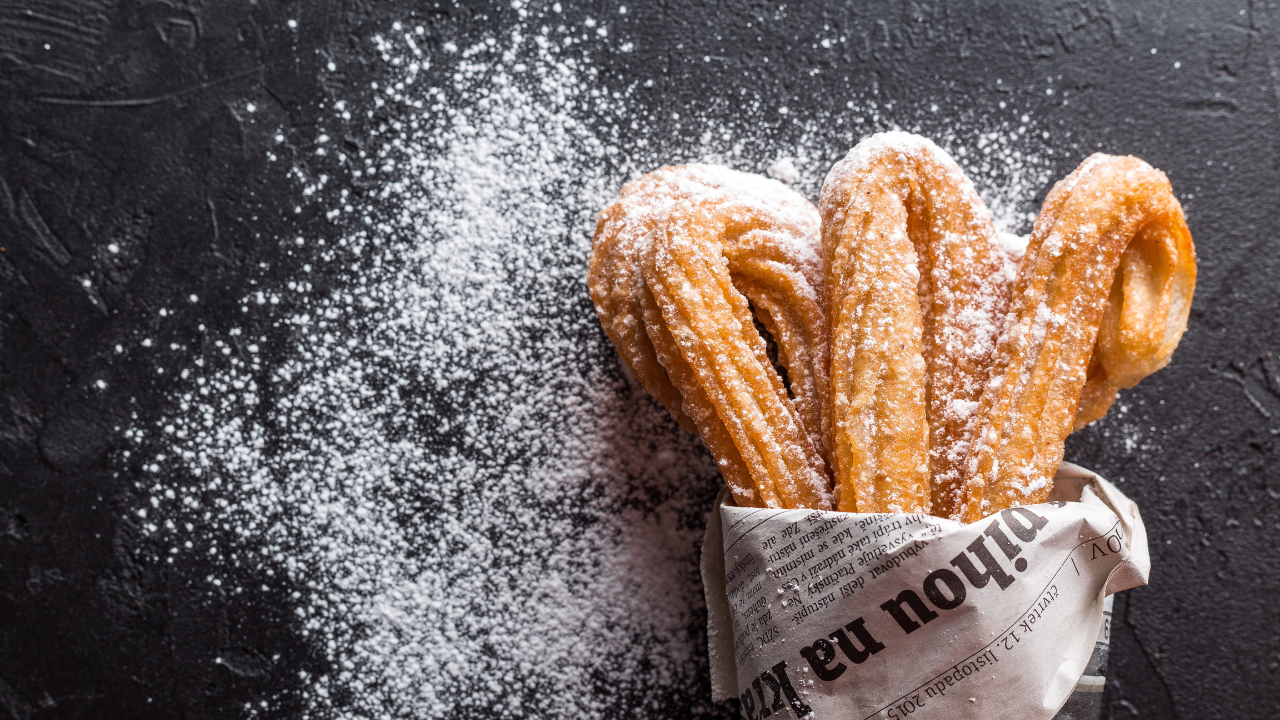What is the Effect of Reducing Sugars on Yeast Activity? Why Does it Happen?

Reducing sugars can have a significant effect on yeast activity. Yeast is a type of fungus that is commonly used in baking and brewing, and it requires sugar for energy to carry out its metabolic processes, including fermentation.
When sugar is reduced, the yeast may not have enough energy to carry out its metabolic processes efficiently. This can lead to slower fermentation and may result in a longer fermentation time or incomplete fermentation.
In addition, reducing sugars can also affect the flavor and texture of the final product. When yeast ferments sugar, it produces carbon dioxide gas and ethanol. The carbon dioxide gas causes the dough to rise in baking, while the ethanol contributes to the flavor of the final product. If fermentation is incomplete or slowed, the final product may not rise properly or may have a different flavor profile.
It’s important to note that reducing sugar too much can also have negative effects on yeast activity. If there is not enough sugar for the yeast to ferment, it may not be able to carry out its metabolic processes at all, leading to inactive yeast and a failed baking or brewing attempt.
In summary, reducing sugars can have both positive and negative effects on yeast activity, depending on the amount of sugar and the specific conditions of the fermentation process.



